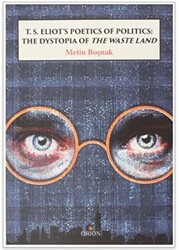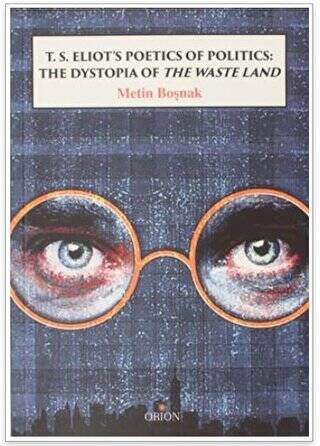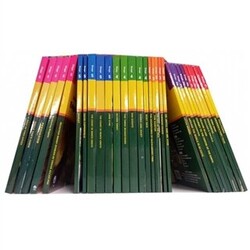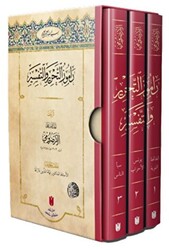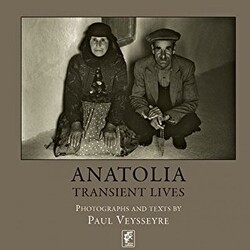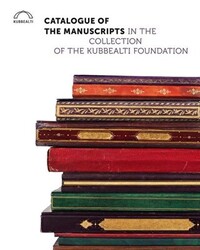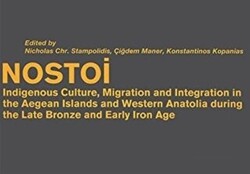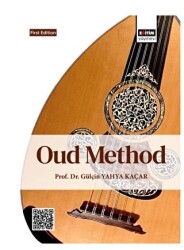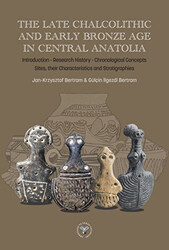T.S. Eliot`s Poetics of Politics: The Dystopia of the Waste Land
Tükendi
Stok AlarmıEliot`s The Waste land is a contemporary dystopia interlinked with a plethora of dystopian works that have proliferated, especially in the last two centuries. This study attemmpting to consider The Waste Land in the dystopian paradigm is a new approach to an old theme. The subversive paradigm is precisely how `the Waste Land`s dystopian potics operates, subverting its so-called "sources," mostly anthropological ones such as J. Weston`s From Ritual to Romance and J. G. Frazer`s The Golden Bough (1920), and almost parodying them. Dystopian works have emerged as a reaction to or counter-attack on utopios.
`The words,`Shantih shantih shantih (433)" close The Waste Land and come out like an `amen" to a Christian`s prayers. The"amen refers onay to the wish that the prayers should be accepted: it does not guarantee that the wish will be granted or that salvation will be realized. Consequently, Eliot`s dystopic The Waste Land does not lead nı salvation. and the suggested means for salvation totally lack in the here and the now.
Metin Boşnak is a published poet, essayist, and scholar of Comparative Literature and American Studies at Istanbul Sabahattin Zaim University.
